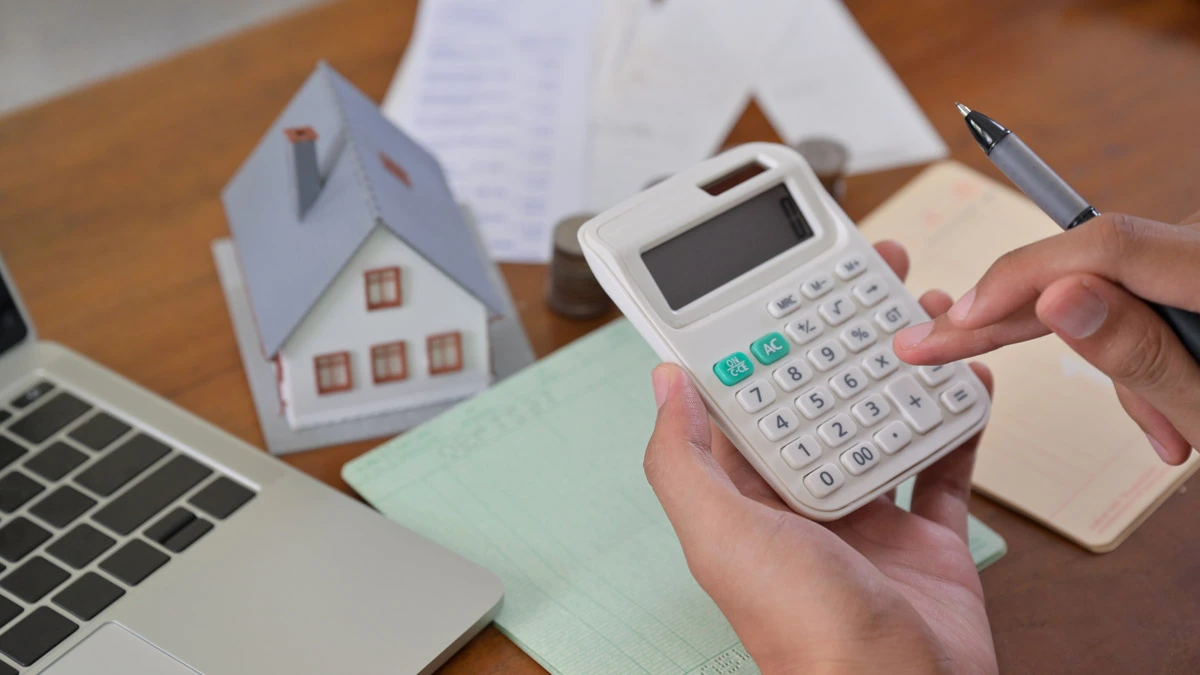Building a new home is an exciting journey, but it can also be a financial challenge. As experienced New Home Builders in Melbourne, we at Patel Building Group understand the importance of smart budgeting. That’s why Budgeting New Home projects properly is crucial to avoiding surprises and keeping your dream on track. Here are five practical tips to help you manage your finances when planning for your dream home.
1. Assess Your Current Financial Situation for Budgeting New Home
Before you start house hunting, it’s crucial to get a clear picture of where you stand financially:
- Calculate your income: Include your salary, investments, and any other sources.
- List all expenses: Don’t forget small, recurring costs like subscriptions.
- Review your debts: Consider car loans, credit card balances, and other obligations.
- Check your credit score: A good credit rating can help you secure better loan terms.
Understanding your financial standing will help you set realistic goals for your home purchase.
2. Set a Realistic Savings Goal
Now that you know your financial situation, it’s time to set a savings target:
- Research house prices in Australia, particularly in your desired area.
- Aim for a deposit of at least 20% to avoid Lender’s Mortgage Insurance (LMI).
- Don’t forget additional costs like stamp duty, conveyancing fees, and moving expenses.
- Use online tools like a stamp duty calculator to get accurate estimates.
Remember, the more you can save, the less you’ll need to borrow, reducing your long-term costs.
3. Create a Budget and Stick to It
An effective saving strategy starts with a solid budget:
- Track your spending for a month to identify areas where you can cut back.
- Set up a separate high-interest savings account for your home deposit.
- Automate your savings by setting up regular transfers on payday.
- Look for ways to increase your income, like taking on extra shifts or starting a side hustle.
- Consider the 50/30/20 rule: 50% for needs, 30% for wants, and 20% for savings and debt repayment.

4. Explore Government Assistance and Loan Options
The Australian government offers several schemes to help first-home buyers:
- First Home Owner Grant: Available in most states for buying or building your first home.
- First Home Loan Deposit Scheme: Allows eligible buyers to purchase a home with as little as 5% deposit.
- First Home Super Saver Scheme: Helps you save for your first home using your super fund.
Research these options and check if you’re eligible. They could significantly boost your buying power.
5. Get Your Borrowing Power in Shape
Improving your borrowing capacity can help you secure a better loan:
- Pay down existing debts, especially high-interest ones like credit cards.
- Avoid taking on new debts or making large purchases on credit.
- Stay in your current job if possible, as lenders prefer stable employment.
- Consider closing unused credit cards or reducing their limits.
- Save consistently to demonstrate good financial habits to lenders.
Remember, your borrowing power isn’t just about how much you earn, but also how you manage your money.

If you’re ready to take the next step, check out our previous blog post “A Step-by-Step Journey of Building a New Home” for a comprehensive guide to the building process. And when you’re ready to turn your budget into a beautiful new home, contact Patel Building Group. We’re here to help you navigate every stage of your home building journey, from budgeting to moving in.
At Patel Building Group, we understand that budgeting for a new home can feel overwhelming. That’s why we offer a range of home designs to suit different budgets, from affordable first homes to luxury residences.
By following these tips and working with a trusted builder, you’ll be well on your way to making your homeownership dreams a reality. Ready to start your journey? At Patel Building Group, we understand that budgeting new home projects can be challenging, Contact us today to discuss how we can help you build your perfect home within your budget.
For more details, contact Patel Building Group
FAQs
How much deposit do I need to buy a house in Australia?
While you can buy with as little as 5%, aim for 20% to avoid Lender’s Mortgage Insurance.
Can I use my superannuation to buy a house?
The First Home Super Saver Scheme allows you to save for a deposit within your super fund.
How long should I save for a house deposit?
This varies, but many people aim to save for 2-3 years before buying.
Will my HECS-HELP debt affect my home loan application?
While it doesn’t affect your credit score, it can reduce your borrowing capacity.
Should I buy a house or keep renting?
This depends on your financial situation and long-term goals. Owning can be a good investment, but it comes with additional responsibilities.







